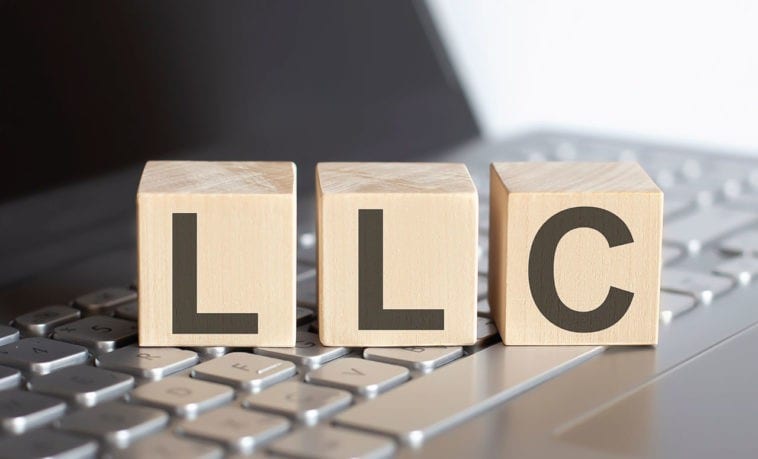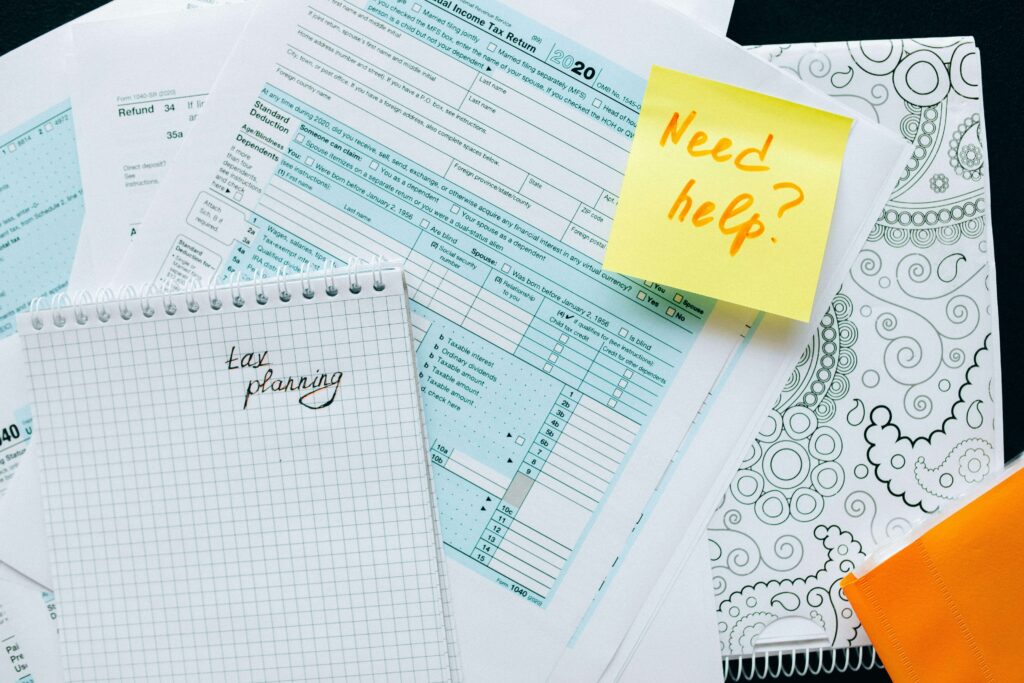Self-Employment Tax Planning
Self-Employment Tax Planning
If you are self-employed, I am sure you were surprised by your federal tax bill at least once during your self-employment career! I cannot tell you how many times I had to explain to my new self-employed clients why they had a huge federal tax bill even though net profit from the business was modest. A lack of self-employment tax planning is to blame. Many self-employed taxpayers do not realize this tax exists, do not know how it is calculated and how it can be reduced or eliminated altogether.
What is Self-Employment Tax?
Self-employment tax is a tax consisting of Social Security and Medicare taxes primarily for individuals who work for themselves. It is similar to the Social Security and Medicare taxes withheld from the pay of most wage earners.
When you are employed by a business, Social Security and Medicare taxes are split between you and the employer. You pay 7.65% of your gross income toward these taxes, and your employer matches that contribution.
When you don’t have an employer, you pay for the full 15.3% tax – 12.4% for Social Security and 2.9% for Medicare. It is worth noting that only a portion of your income is subject to Social security tax while there is no cap for the Medicare portion of your self-employment tax. High-earning tax-filers meanwhile need to pay an additional 0.9% Medicare tax on incomes above $200,000 annually.
For 2021, the Social Security wage base is $142,800 (up from $137,700 in 2020). So if you’re earning $142,000 net income from your business in 2021, you are due for a $21,848 of self-employment tax (there will also be income tax in addition to self-employment tax!!!) at the end of the year. An additional 2.9% tax will also apply to all self-employment income in excess of the base amount.
How to Calculate Your Self-Employment Tax?
To accurately calculate your self-employment tax, the first step is to know your net income from self-employment – which is your self-employment gross income minus all your business expenses. Typically, 92.35% of your self-employment net income is subject to self-employment tax. Why 92.35%? Because the 7.65% deduction takes into account the employer-half of your FICA taxes, which the business would deduct if you were paid as an employee. Once you have calculated your total net earnings from self-employment, apply the 15.3% tax rate to determine your total self-employment tax.
When to Pay Self-Employment Tax?
You must pay self-employment tax and file Schedule SE (Form 1040 or 1040-SR), which is generally due by April 15 if either of the following applies.
- Your net earnings from self-employment (excluding church employee income) were $400 or more.
- You had a church employee income of $108.28 or more.
However, self-employed taxpayers who expect to owe more than $1,000 in self-employment tax are advised by the IRS to make estimated tax payments four times during the year. Estimated payments are due on the 15th of April, June, September and January of the following year.
Keep in mind that self-employment tax rules apply no matter how old you are and even if you are already receiving Social Security or Medicare. Taxes are a pay-as-you-go in the US, so waiting until the annual tax-filing deadline to pay your self-employment tax could result in incurring late-payment penalties.
Tax Planning and Tax Savings
On average, self-employed people do pay higher taxes.
Many new business owners cringe at the idea of paying an additional 15.3% of their hard-earned cash into self-employment taxes. That is a consideration that is important for anyone considering self-employment. With that said, there are circumstances that can lead to self-employed people paying lower effective taxes. Here are some of tax planning ideas to reduce your income and self-employment taxes:
- Take every opportunity to discuss your business. That includes asking your friends for networking opportunities and referrals over meals and drinks.
- Hire your children. Not only their wages could be exempt from payroll tax, it also creates huge tax deductions for you.
- Start integrating business and personal trips so that the personal side of your trip becomes part of your business deduction under the travel rules.
- Properly classify business expansion expenses as immediate tax deductions
- Don’t let deductible start up costs fall through the cracks
- Correctly classify business meals that qualify for a 100% deduction
- Distinguish the vehicle deduction method that gives you the best abatements
- Correctly identify your maximum business miles to deduct the largest possible percentage of your vehicles
- Use a 1031 exchange to defer taxes
Qualify your office in your home as an administrative office - Utilize allocation method that make your home office reductions larger
- Operate as a one-person S-corp or C corp to eliminate self-employment taxes altogether
It’s important to be aware of all the deductions that you are entitled to. When leveraged correctly, additional tax benefits compensate for the higher self-employment tax.
If you are interested to learn more about ways you can lower your self-employment tax and increase your tax deductions, schedule a free consultation.










